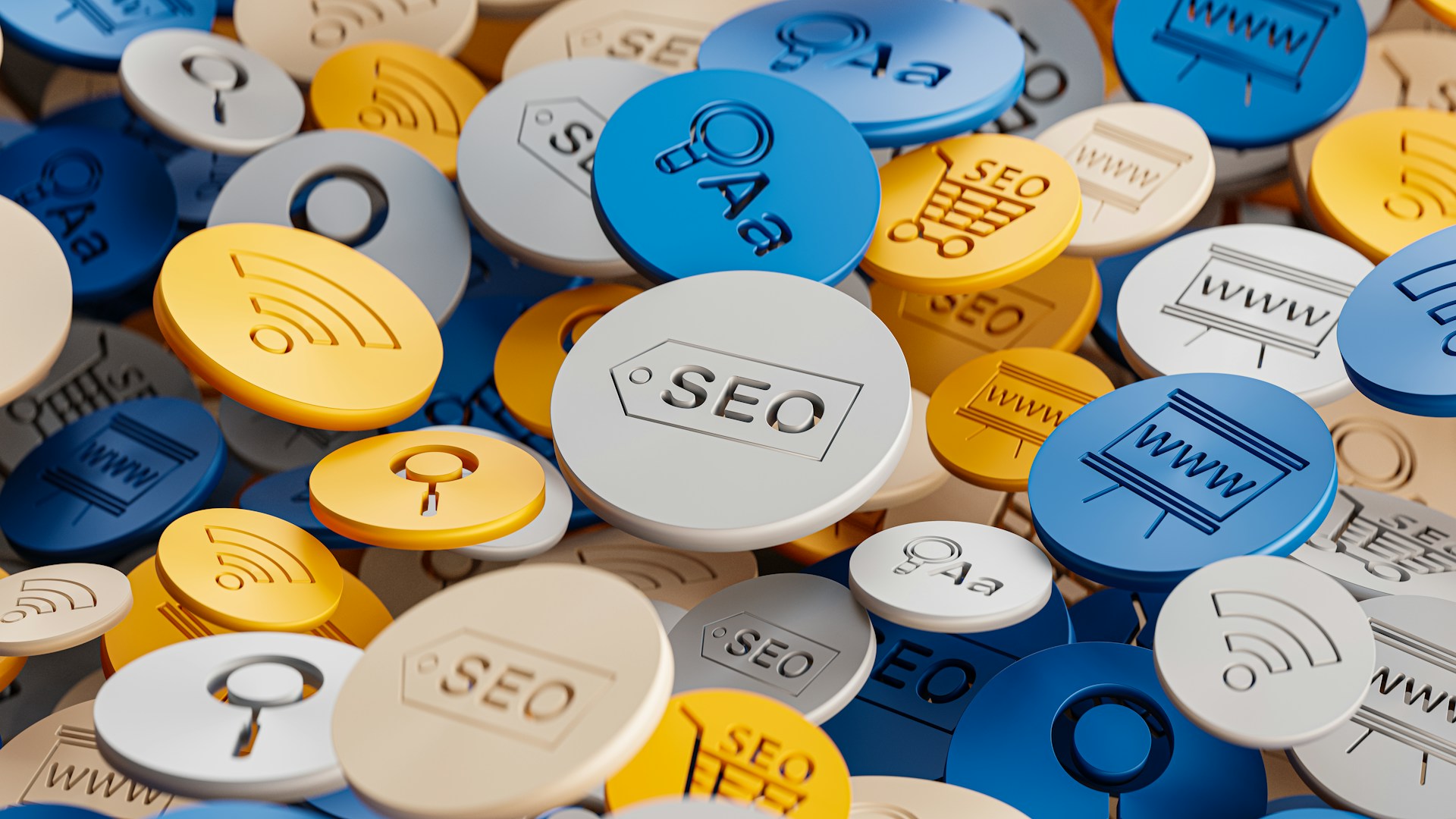
The digital marketing industry is undergoing a powerful transformation, and micro-influencers are at the center of this shift. Unlike celebrity endorsers with millions of fans, micro-influencers in digital marketing typically reach between 10,000 and 100,000 followers. While their numbers may be smaller, their voices carry stronger credibility and influence. Their audiences view them as peers, which gives their recommendations a sense of authenticity that mass advertising often lacks.
The trust that micro-influencers build with their communities makes them a driving force in modern campaigns. Research consistently shows that micro-influencers in digital marketing enjoy higher engagement rates than mega-influencers, proving that personal connection is more valuable than broad exposure. This change is fueled by consumer demand for relatability and genuine storytelling, making micro-influencers essential for brands that want to stand out in an oversaturated online space.
Why Brands Invest in Micro-Influencers in Digital Marketing
In the past, celebrity endorsements were the ultimate marketing strategy, but consumer habits have shifted. Today’s audiences are no longer persuaded by glamorous advertisements alone. They want authentic conversations and trusted recommendations. This is where micro-influencers in digital marketing shine. Their smaller audiences create intimacy, enabling meaningful interactions that strengthen brand trust.
These influencers are often niche experts in fields such as fitness, wellness, gaming, fashion, or eco-friendly living. When they endorse a product, their words resonate deeply with people who value their opinions. This credibility translates into not just likes or comments but real buying decisions. For brands, this means that micro-influencers in digital marketing offer a cost-effective way to reach qualified leads while maintaining an authentic brand image.
Budget efficiency is another major reason brands prioritize micro-influencers. Collaborating with one celebrity can drain an entire marketing budget with uncertain results. However, partnering with multiple micro-influencers across different niches creates a wider reach with stronger audience trust. Brands also benefit from the influencers’ creativity since they craft content tailored to their community’s preferences. The outcome is authentic campaigns that fit seamlessly into social media feeds, rather than feeling like forced advertisements.
How Micro-Influencers in Digital Marketing Boost Engagement and Sales
Engagement is where micro-influencers in digital marketing truly excel. Unlike large-scale influencers, they operate in communities where followers actively engage, comment, and share. This close relationship gives them the ability to drive stronger conversations around a product or service. A micro-influencer reviewing a skincare product, for example, can inspire immediate trust because followers see them as a reliable peer rather than a distant star.
This trust translates into higher conversion rates. Followers are more likely to purchase products when recommended by micro-influencers because the message feels authentic. Another powerful advantage is user-generated content. Brands can repurpose influencer posts across their own marketing campaigns, saving costs while boosting credibility. This kind of authentic endorsement also serves as valuable social proof, reinforcing the idea that real people use and love the product.
Niche targeting is a defining feature of micro-influencers in digital marketing. Instead of spreading a message to millions who may not care, these influencers speak directly to communities interested in specific products. For instance, a fitness equipment company can collaborate with a fitness micro-influencer whose followers are already motivated to make health-related purchases. This precision leads to higher ROI and stronger brand positioning within the right audience.
Most importantly, micro-influencers engage in two-way conversations. They reply to comments, answer questions, and build long-term relationships with their audience. This continuous interaction fosters a sense of community, making the brand feel like part of the audience’s lifestyle.
The Future of Micro-Influencers in Digital Marketing
The role of micro-influencers in digital marketing is set to grow as consumer behavior continues to evolve. Younger generations, especially Gen Z, value authenticity more than any other demographic. They seek brands that align with their values and expect real conversations instead of polished sales pitches. Micro-influencers are the natural solution because they represent transparency and relatability.
The future will also see a rise in multi-platform influence. While Instagram and YouTube remain dominant, platforms such as TikTok, Twitch, and LinkedIn are becoming equally important. Micro-influencers in digital marketing will expand their presence across these platforms, giving brands opportunities to connect with audiences where they are most active.
Advancements in artificial intelligence and data analytics will also revolutionize this field. Brands will increasingly rely on data-driven insights to identify the right micro-influencers, analyzing not just follower counts but engagement levels, audience demographics, and content quality. This will make collaborations more strategic and effective.
Another trend is the shift from one-off sponsorships to long-term partnerships. Brands are realizing that consistent collaborations with micro-influencers build stronger narratives. When audiences see a product integrated into an influencer’s lifestyle over time, the endorsement feels natural and trustworthy. This shift will further amplify the power of micro-influencers in digital marketing.
The accessibility of micro-influencers also levels the playing field for small businesses. Companies with limited budgets can work with a handful of micro-influencers and achieve impressive results, allowing them to compete with larger brands. This democratization makes influencer marketing more inclusive and effective across industries.
The Lasting Impact of Micro-Influencers in Digital Marketing
Micro-influencers in digital marketing are no longer a trend; they are a cornerstone of modern brand strategies. Their ability to foster authentic relationships, drive higher engagement, and deliver targeted conversions sets them apart from traditional advertising approaches. Unlike celebrities, they offer relatability and trust, qualities that consumers crave in today’s crowded digital world.
Brands that embrace this strategy gain not just visibility but meaningful connections with their target audience. As the digital ecosystem continues to evolve, the influence of micro-influencers will only grow stronger. For businesses aiming to thrive, investing in micro-influencers in digital marketing is not just an option—it is the future.